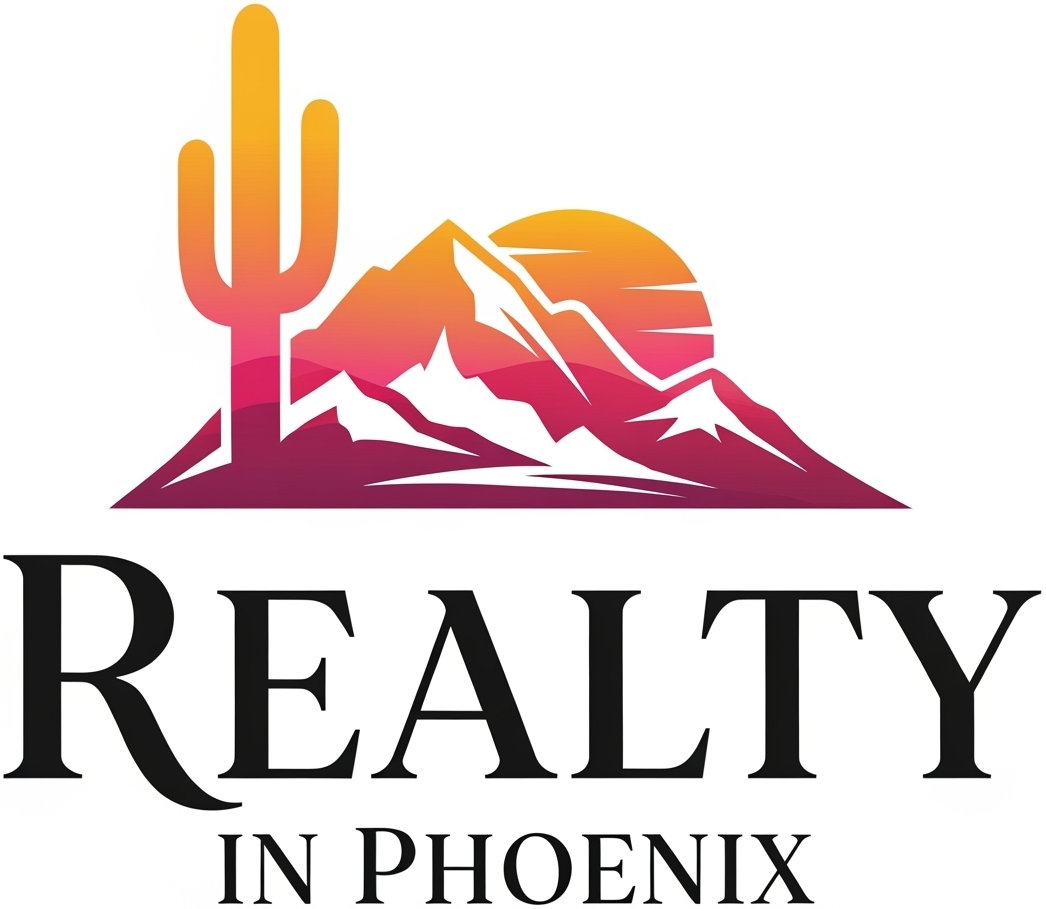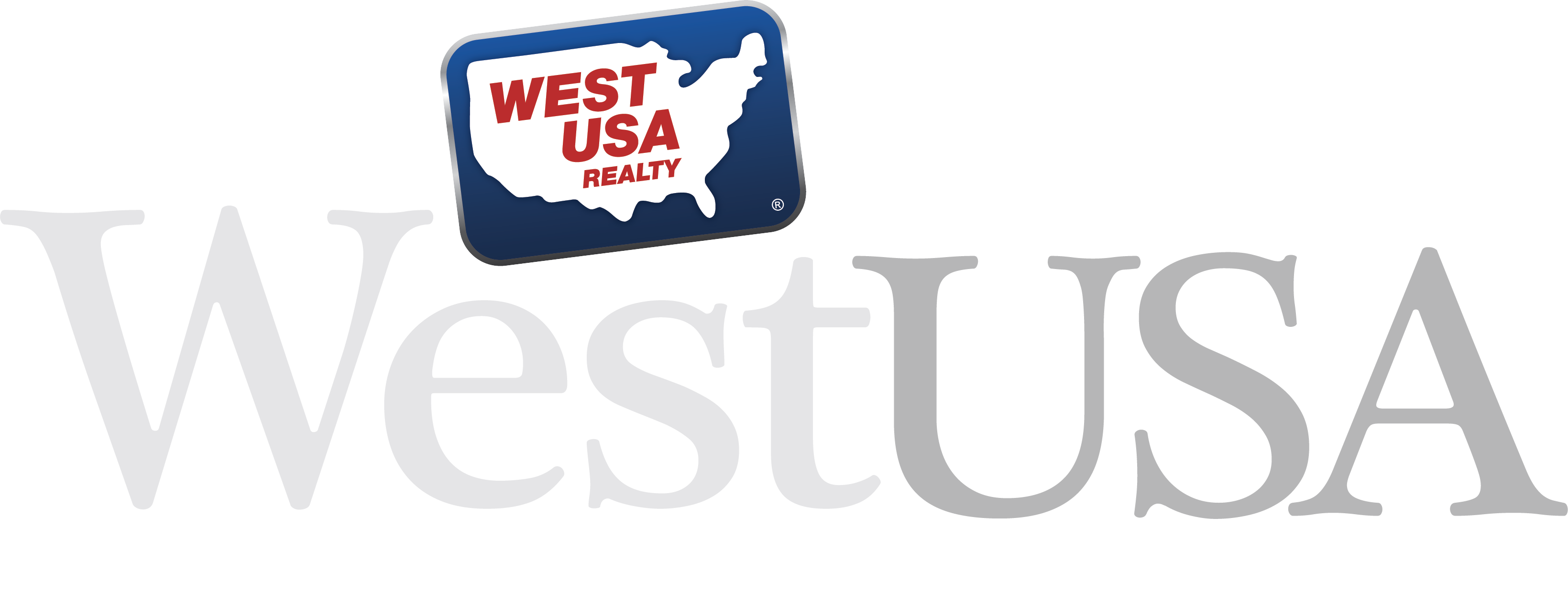Navigating Real Estate With Escrow: A Guide For Buyers and Sellers
For many, the mention of "escrow" during a real estate transaction can evoke confusion, but this vital process serves as a neutral ground, safeguarding the interests of both buyers and sellers. Essentially, escrow involves a neutral third party holding funds or assets on behalf of both the buyer and seller until predetermined conditions outlined in the sales contract are fulfilled. This article delves into the two main types of escrow in real estate and the benefits and considerations of utilizing these accounts.
Two faces of escrow in real estate
- Earnest money escrow: When a buyer’s offer on a home is accepted, they usually provide an earnest money deposit (often 1-3% of the purchase price) to demonstrate their commitment to the purchase. An escrow account holds this deposit securely until the sale closes or the contract is terminated. This protects the buyer by ensuring the funds are returned if the deal falls through due to a valid contingency (like a failed inspection), and it protects the seller by offering compensation if the buyer backs out without a legitimate reason.
- Mortgage escrow: Many mortgage lenders establish an escrow account to manage recurring homeownership expenses like property taxes, homeowners insurance, and sometimes, mortgage insurance. Instead of the homeowner paying these bills in lump sums, a portion of their monthly mortgage payment is allocated to the escrow account, and the lender then pays the bills directly when they come due.
The role of the escrow agent
In real estate transactions, an escrow agent (often a representative of a title company, a lender, or an attorney) acts as a neutral third party responsible for overseeing the escrow account and ensuring the terms of the sales contract are followed. Their responsibilities can include:
- Holding the earnest money deposit.
- Collecting and reviewing documentation (such as disclosures and inspection reports).
- Coordinating with lenders, title companies, and real estate agents.
- Ensuring all contingencies are met (like title clearances or loan funding).
- Facilitating the signing of documents and the transfer of funds and ownership at closing.
Benefits of using escrow accounts
- Security and Protection: Escrow safeguards both parties by ensuring that funds and documents are only exchanged when all agreed-upon conditions are met, protecting against potential fraud or disputes.
- Convenience and Budgeting: Mortgage escrow simplifies the payment of recurring home expenses by incorporating them into a single monthly mortgage payment, making budgeting easier for homeowners and eliminating the need to track multiple due dates.
- Reduced Risk of Missed Payments: Lenders actively manage mortgage escrow accounts, ensuring property taxes and insurance premiums are paid on time. This reduces the risk of penalties, coverage lapses, or potential liens on the property.
- Transparency and Accountability: Escrow agents and lenders provide detailed records of account activity, ensuring transparency throughout the process.
Considerations for homeowners
While mortgage escrow offers many advantages, some homeowners might consider waiving the escrow requirement if offered by their lender. This allows them to manage their own property tax and insurance payments directly, potentially allowing them to earn interest on the funds before they are due. However, this option may be subject to lender guidelines and require a strong credit history and a sufficient loan-to-value ratio.
Conclusion
Escrow accounts play a vital role in real estate, offering a secure and streamlined process for both buyers and sellers. Whether it's protecting earnest money during a home purchase or simplifying recurring home expenses, understanding how escrow works is crucial for a smooth and successful real estate transaction.



